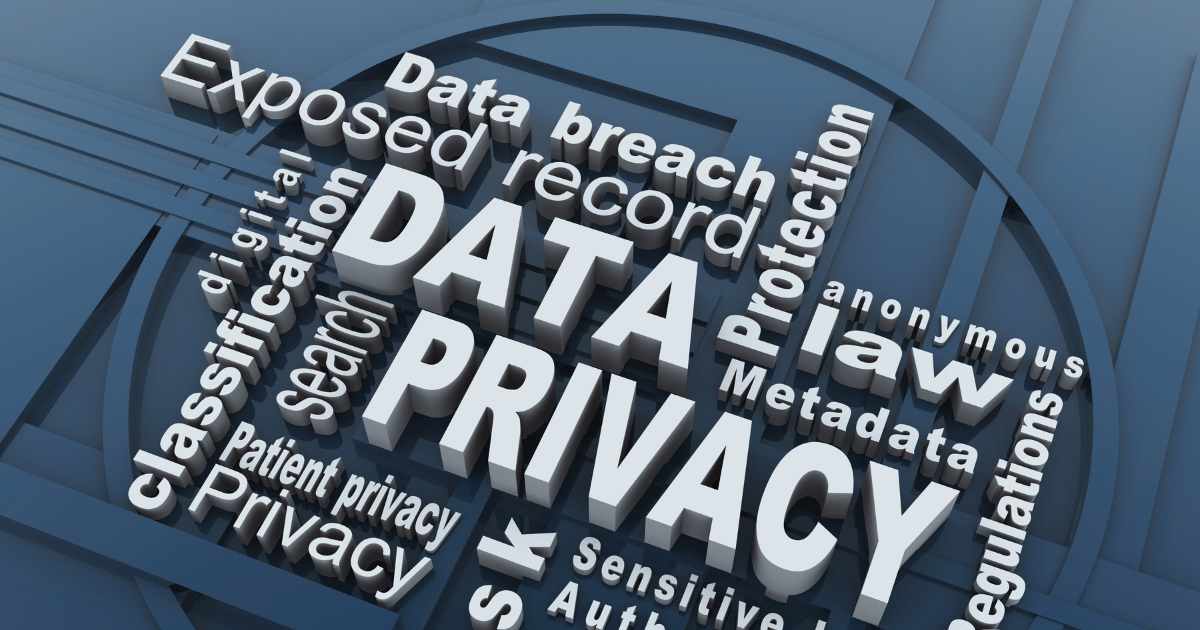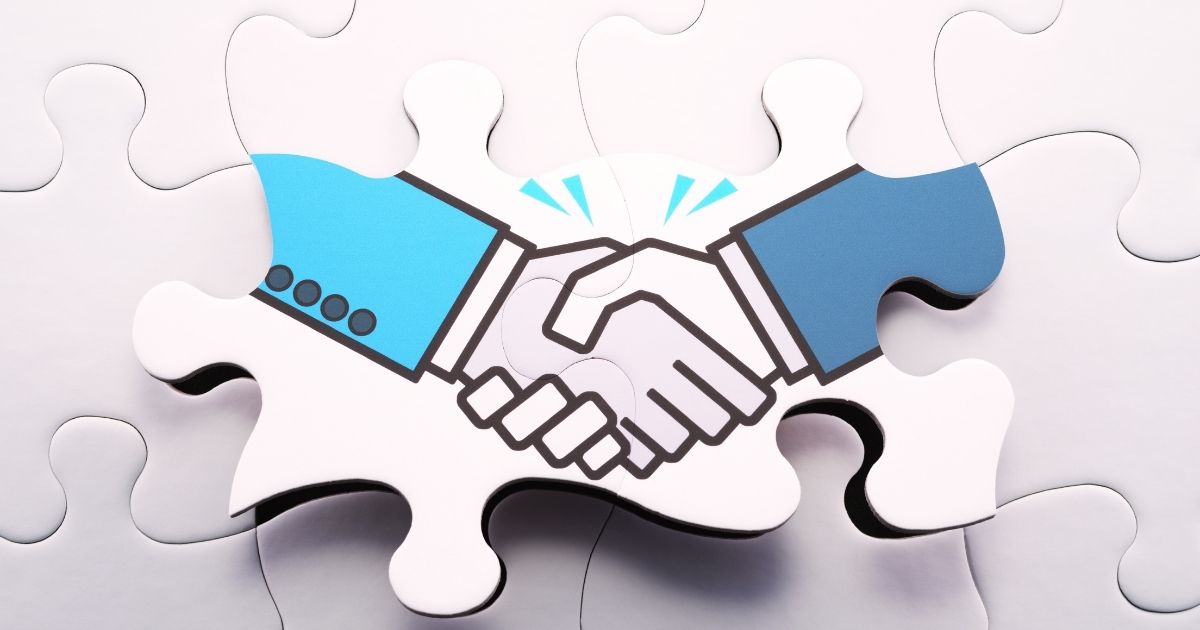· Borrower Rights · 3 min read
Right to Privacy vs. Public Shaming by Banks: Know Your Rights
Know your legal rights when banks or recovery agents cross boundaries and shame you publicly. Indian law protects your dignity and financial privacy.

1. Understanding Article 21 – Right to Privacy
Under Article 21 of the Indian Constitution, every person has the right to live with dignity, which includes the right to privacy. This means banks cannot unnecessarily share your financial details with anyone who has nothing to do with your loan or debt. Your financial matters are strictly between you and your lender.
2. Supreme Court Rulings on Privacy
In the landmark Justice K.S. Puttaswamy case (2017), the Supreme Court declared that privacy is a fundamental right. While banks can legally recover dues, they cannot harass or publicly shame borrowers.
3. What Is Considered Public Shaming?
Many people are unaware of what counts as public shaming. Common examples include:
● Sending recovery agents to your home or office to cause a scene
● Informing your colleagues, neighbours, or relatives about your loan
● Sharing your name/photo in WhatsApp groups as a “defaulter”
● Posting notices outside your home about your overdue loan
● Making public calls or texts threatening to expose you
All these are clear violations of your privacy and can amount to defamation.
4. Legal Boundaries for Lenders
Banks have every right to recover loans, but must follow RBI guidelines and the law. They are allowed to:
● Send reminders
● Issue legal notices
● File recovery suits
But they are not allowed to:
● Mentally or physically harass you
● Disclose your debt to unrelated people
● Use abusive language or threats
5. Filing a Cyber Complaint
If a bank or agent uses social media, WhatsApp, or any other digital platform to shame you, file a complaint at cybercrime.gov.in. Attach all evidence, like screenshots or call recordings.
6. Remedies Under the IT Act
Under the Information Technology Act, 2000, if anyone misuses digital platforms to defame you, legal action can be taken. This includes provisions against cyber harassment, misuse of identity, and online defamation.
7. What Indian Courts Have Said
Indian courts have consistently condemned banks for such tactics. Courts have ruled that public shaming is a violation of dignity and privacy, awarding compensation to victims for mental harassment.
8. Your Legal Toolkit
If you’ve been publicly shamed:
● Send a legal notice to the bank
● File a complaint with the RBI Banking Ombudsman
● Approach the Consumer Court
● File a defamation case
● Lodge a police or cybercrime complaint
Conclusion
Your unpaid loan is a private matter — not a public display. No bank or recovery agent has the right to embarrass or harass you. If they do, remember the law is on your side. Your dignity matters. Loan recovery must follow legal procedures, not fear tactics.



